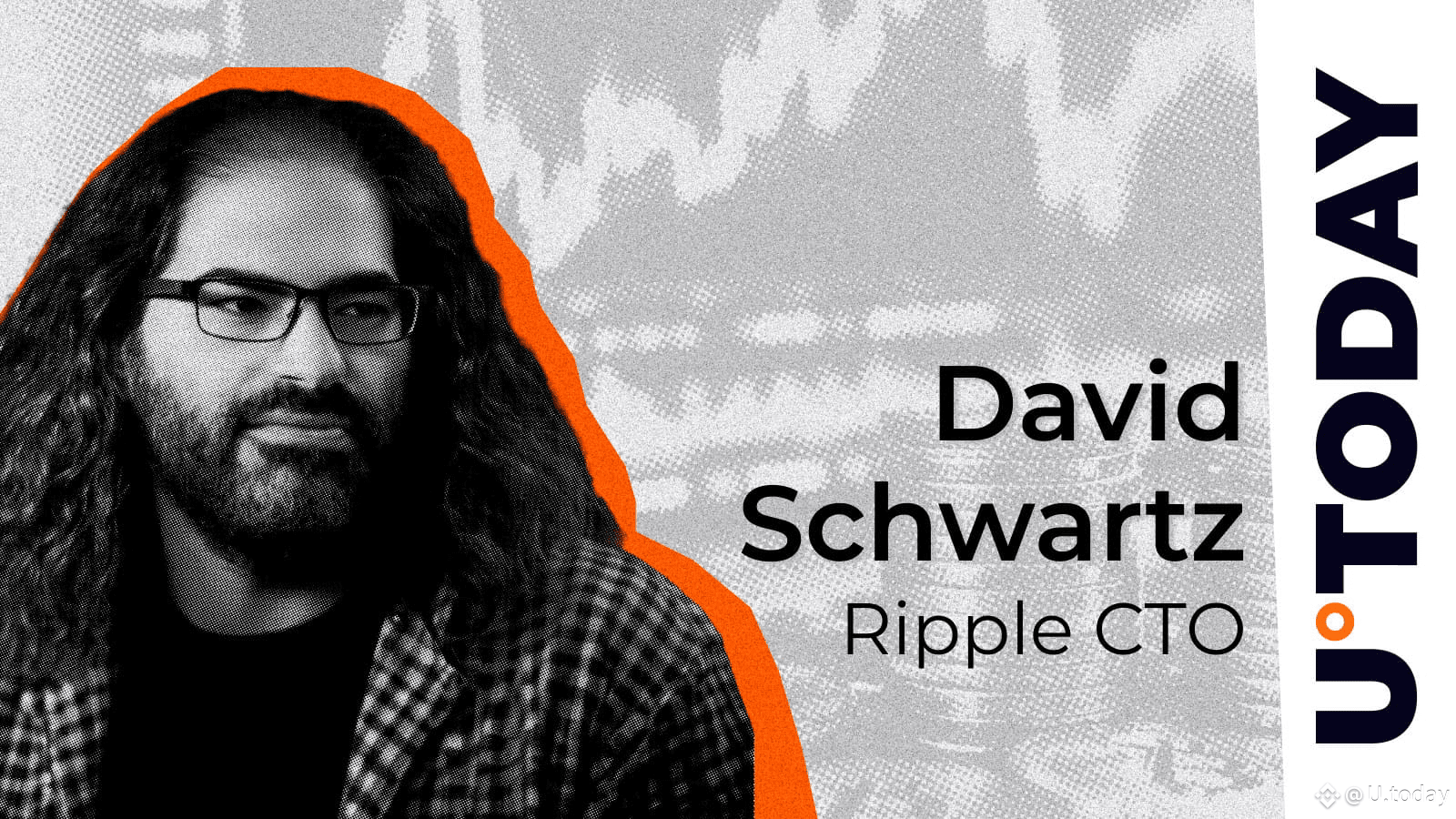
Ripple’s push into the U.S. banking system has sparked a fresh backlash from traditional finance, and the company’s chief technology officer is not mincing his words.
Following the American Bankers Association's call for regulators to freeze crypto bank license approvals, including those for firms such asRipple and Circle,David Schwartz made it clear what he thought of the move, stating that legacy institutions would stop progress entirely if given the chance.
card
This response comes just as Ripple advances one of its most ambitious projects yet. On July 3, the company applied for a national banking license in the U.S., as well as a master account with the Federal Reserve. Both filings were made via Standard Custody, a trust company that Ripple acquired last year.
I often joke that successful incumbents would pause all progress if they could.
— David 'JoelKatz' Schwartz (@JoelKatz) July 22, 2025
The goal is understandable — to integrate directly into the U.S. financial core and unlock access to Fed-level payment infrastructure.
However, this is precisely what the traditional banking lobby wants to prevent. It seems that the ABA's pressure on the OCC is intended to stall Ripple's progress. However, Schwartz has reframed the resistance as fear, not policy. It portrays established firms as protecting their ground rather than ensuring safety or compliance.
card
The larger battle here is not just about one company. It is about whether blockchain-native companies can access the same financial resources that legacy banks take for granted.
Now thatRipple has filed, the OCC and the Fed must make a defining decision: allow digital-first firms to access the core, or delay them at the request of old-timers.


